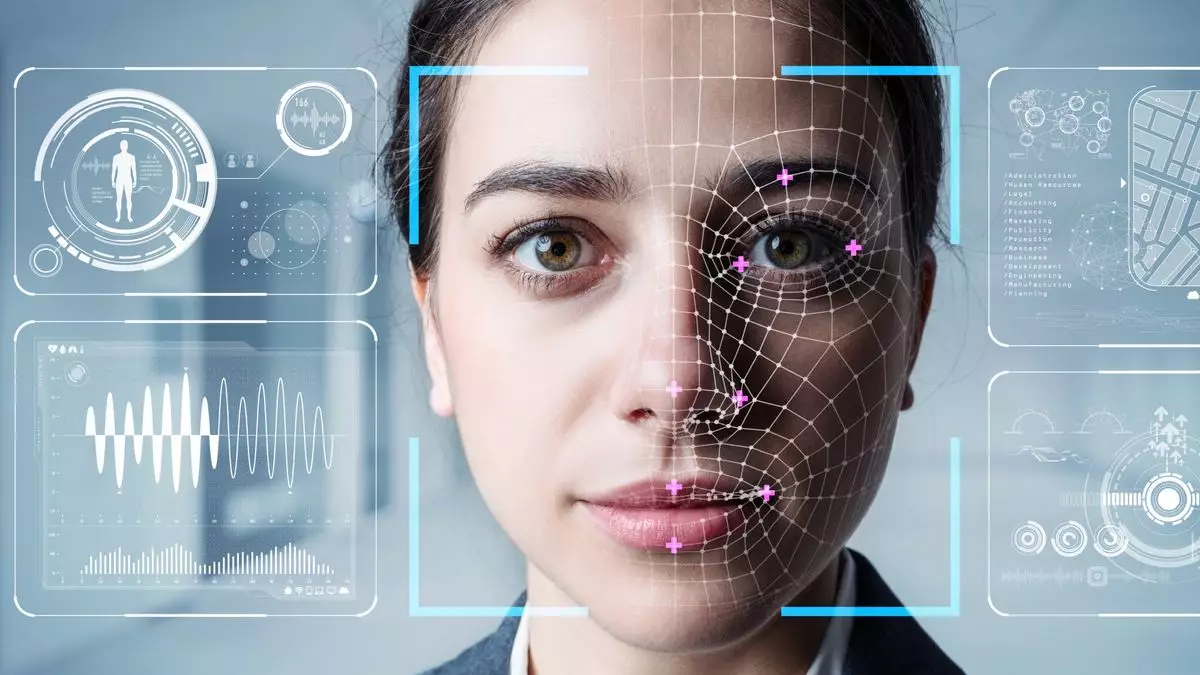In an attempt to limit biometric facial recognition in airports, Senators Jeff Merkley and John Kennedy have proposed an amendment to the Federal Aviation Administration reauthorization bill. This proposed amendment has raised concerns within the travel industry, with the U.S. Travel Association warning that it could lead to massive travel delays. According to the association, travelers could potentially wait an additional 120 million hours in TSA lines each year if this amendment is passed.
Geoff Freeman, the CEO of U.S. Travel, strongly opposes the Merkley-Kennedy amendment, labeling it as dangerous, costly, and chaotic. He believes that eliminating the use of biometrics, specifically facial scans, would set America back by decades. Freeman blames misinformed members of Congress for the proposal and emphasizes the importance of biometric technology in enhancing airport security and efficiency.
At the annual IPW conference, destination executives also expressed their concerns about the potential impact of the proposed amendment. Fred Dixon, the CEO of NYC Tourism + Conventions, highlighted the correlation between the growth in international visitation and the ease of travel. He asserts that maintaining biometrics as an option is crucial for prioritizing ease of access for travelers.
Despite the concerns raised by some members of Congress, U.S. Travel reports that two-thirds of flyers widely support biometric technology. They emphasize that travelers have the option to opt out of using biometrics and that the technology is already in place at many major U.S. airports. The argument that facial recognition technology is similar to what people use to unlock their smartphones every day further reinforces the importance of this technology in the travel industry.
The Merkley-Kennedy amendment is just one of several amendments filed by senators this week, with many unrelated to aviation. Politico has reported that Senate majority leader Chuck Schumer is prepared to bring a package of measures, including the amendment, to a vote on the Senate floor. This could potentially lead to the passage of the amendment despite opposition from some lawmakers.
In addition to the biometric facial recognition amendment, there are other measures being considered that could impact the travel industry. One such measure, sponsored by Sen. Rand Paul, aims to relieve travel agencies of liability for refunds on flights where airlines hold the funds. This measure is supported by ASTA and could alleviate financial burdens on travel agencies, particularly for group bookings.
Another significant development in the ongoing negotiations related to the FAA reauthorization bill is the resolution of disputes regarding refunds. Senate negotiators have agreed to revised language that aligns with provisions in a new Department of Transportation refund rule. This revised language would require refunds by default for travelers whose flights are canceled or significantly delayed, providing them with more consumer protection.
The proposal to limit biometric facial recognition in airports has sparked a contentious debate within the travel industry and among lawmakers. While concerns about privacy and security must be addressed, it is essential to strike a balance between enhancing security measures and maintaining efficient travel experiences for passengers. The potential passage of the Merkley-Kennedy amendment could have far-reaching implications for airport operations and traveler convenience. As the debate unfolds, it is crucial for stakeholders to consider the broader impact of such amendments on the travel industry as a whole.

